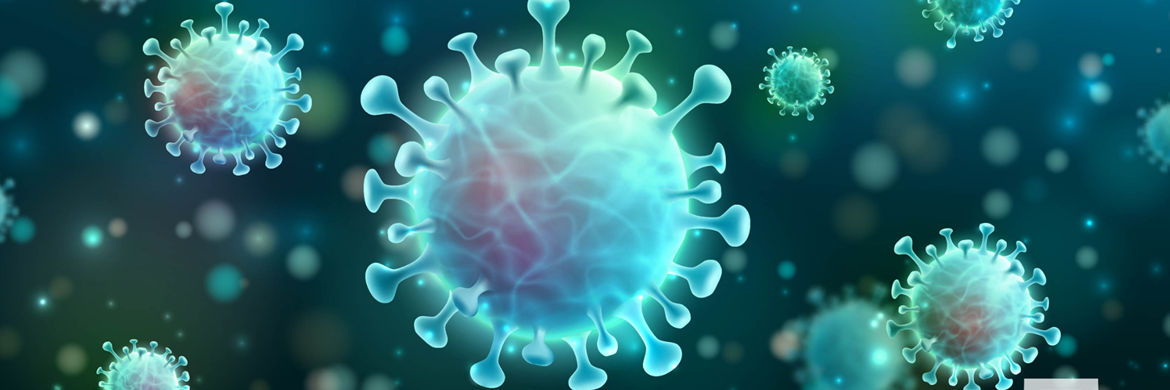
12 January, 2022
With the new Omicron variant sweeping the world faster than any other coronavirus strain before it, how concerned should we be?
On 24th November 2021, the first Omicron case was announced in South Africa, (The Guardian), with the first sample of the virus dating back to 9th November 2021. Meaning this variant could already be across the world before it was founded and announced. On 26 November 2021, WHO designated the variant B.1.1.529 a variant of concern, named Omicron, on the advice of WHO's Technical Advisory Group on Virus Evolution (TAG-VE), (WHO).
The omicron virus has an unusual profile in comparison to other COVID-19 variants with over 50 genetic changes including more than 30 only on the spike proteins. These mutations on the spike protein is the section of the cell which binds with human cells to make an individual unwell with COVID-19. These extensive changes in the spike protein make it more difficult for the human body to recognise the virus, meaning vaccinations and antibodies from previous infections may not be able to recognise the virus as well and be less effective in stopping transmissions, (The Financial Times).
As research into the new Omicron variant is ongoing, scientists are still learning differences and similarities between this mutation and others including Alpha, Beta, Gamma and Delta. Despite this, it has been reported that despite the surging cases due to the transfigurations of the spike proteins, symptoms including coughs, high temperature and the loss of taste and smell could be milder than the symptoms with other COVID-19 variants, (The Economist).
This formation of new variants can come about in a variety of ways. ‘When the virus infects a cell, tens or hundreds of copies are made and packaged into new viruses. During this process, mistakes occasionally occur. One RNA letter can be turned into another, or whole chunks can be lost or gained.’ This change of the genetics in the virus can create mutations and different variants. Other forms of mutations can be created from a single person being infected with two different coronavirus cells at the same time. These genomes can recombine and create a new, more dangerous variant. It is thought that this could have already occurred, (New Scientist).
The UK Government previously enforced more restrictions on the population in an attempt to reduce the spread of the new variant. These restrictions have since been reduced as more research is being carried out on the new variant and it has been found to be less deadly than other variants of the SARS-CoV-2 virus. Daily rapid testing is being enforced to slow the spread of the virus, (GOV.uk). Fortress Diagnostics offer a range of COVID-19 testing from Rapid Tests to PCR testing. To help reduce the spread of the Omicron variant, having access to testing facilities and products is essential. The Fortress COVID-19 tests have an overall accuracy of 97%. To request a quote from the Fortress Sales Team, please email marketing@fortressdiagnostics.com .








